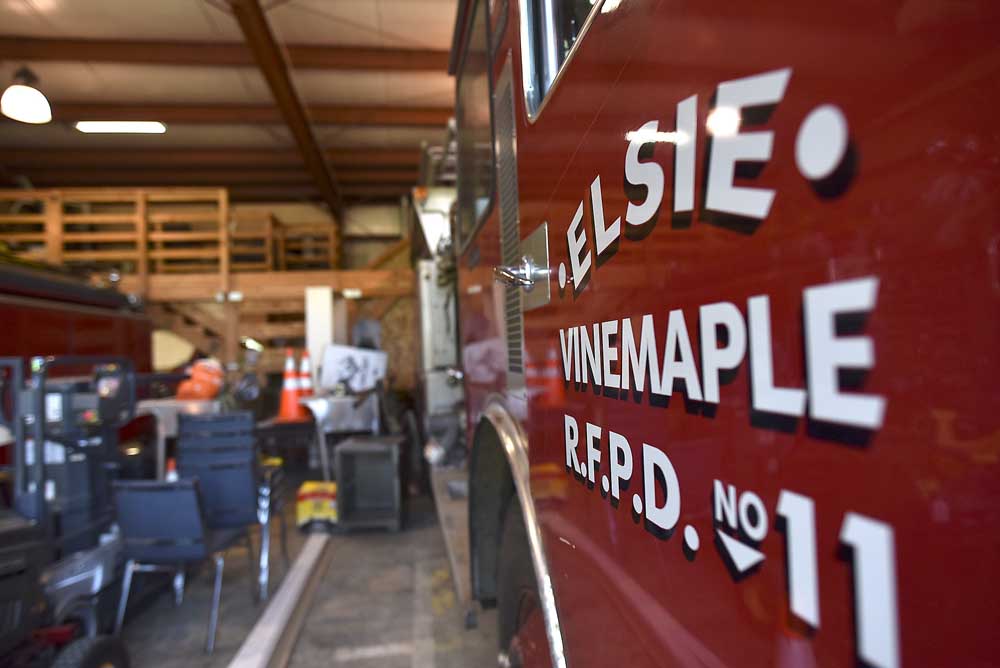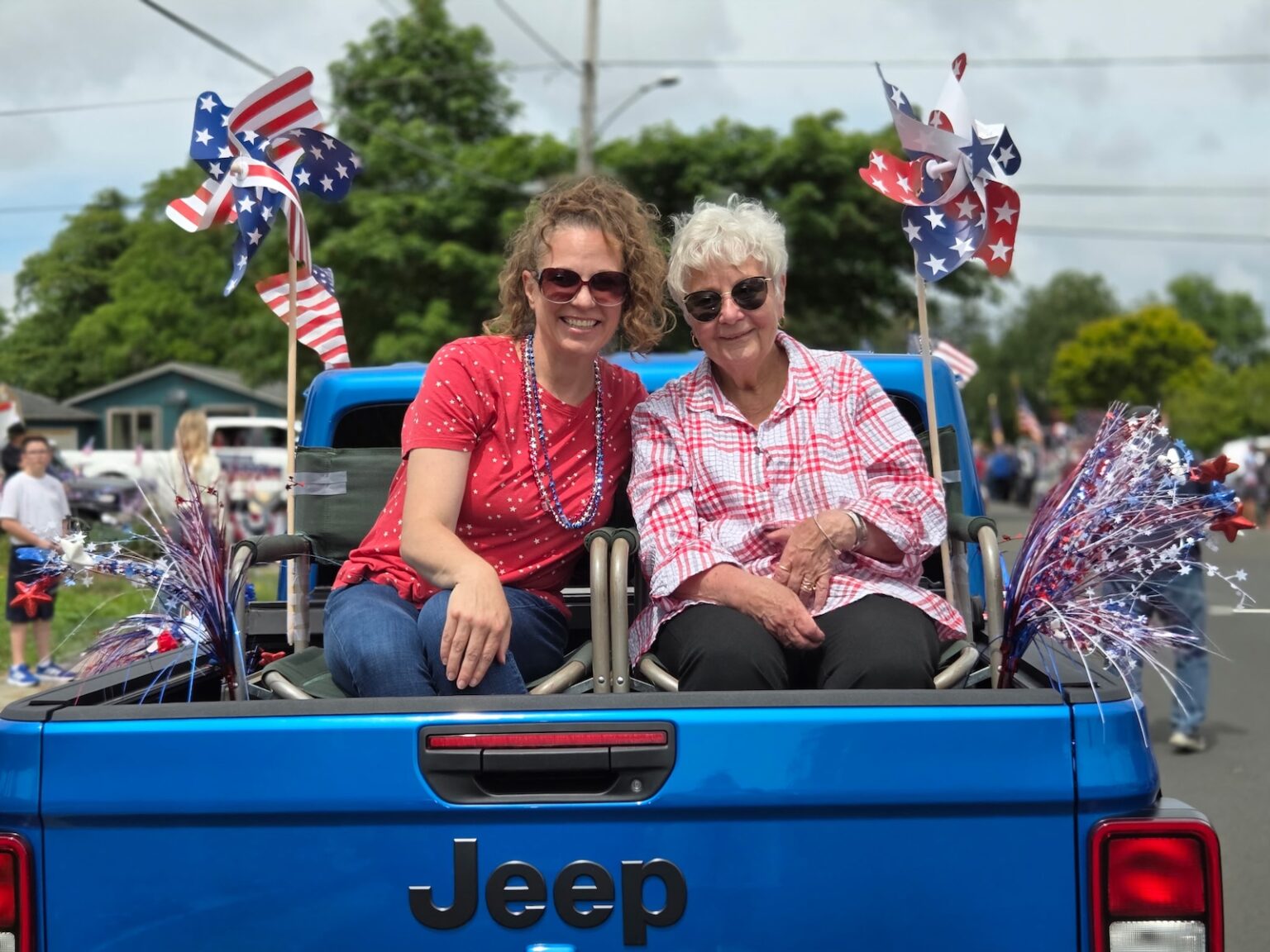Headed for the hills
Published 5:25 am Tuesday, June 5, 2018

- Several members of the Elsie-Vinemaple Fire Department also serve on the Community Emergency Response Team.
ELSIE — When a tsunami watch was issued early Jan. 23, dozens of people got in their cars and headed for the hills.
By 3 a.m., cars were stranded on the side of the highway — either from running out of gas or from slipping off the black ice that covered the highway that night. A bonfire was already raging in the Camp 18 Restaurant parking lot.
Trending
Out to respond was the Community Emergency Response Team from Elsie-Vinemaple, an unincorporated town about 20 miles up Highway 26. The 12-person team walked along the road, going car by car to make sure everyone was safe.
“We were making sure people weren’t frozen in their cars,” said team member Diane Jette. “People didn’t have gas in their tanks, with little babies bundled up in the back. They were cold and couldn’t go anywhere.”
The event hardly surprised the locals. In fact, it’s a phenomenon that happens nearly every time a tsunami watch or warning is issued along the coast.
As one of the first communities clearly out of the tsunami inundation zone when heading east from the coast, the all-volunteer response team has come to face the realities of being a default evacuation center when disaster strikes.
“If the coast gets threats of inundation, like it did (in 2011), half the coast ends up here,” said Assistant Fire Chief Hans Mulder of Elsie-Vinemaple Fire Department.
“We get a major influx this way.”
Like many community emergency response teams in Clatsop County, the one in Elsie-Vinemaple developed after the 2007 Great Coastal Gale closed roads and shut down power for almost two weeks.
Relative geographic remoteness, no communication and multiple road closures from tree blowdown and flooding isolated the community from major services, Jette said.
Since then, the group has worked to become as self-sufficient as possible, conducting training in emergency medical response, search and rescue, HAM radio operations and mass casualty triage.
While out of the tsunami inundation zone, inland communities have concerns of their own: flooding, power outages, landslides. But the most pressing is an earthquake, which could take out two bridges, isolating the rural community and anyone else who may be there.
The team feels most emergency efforts are geared toward coastal cities, leaving communities inland along Highway 26 “way behind the curve,” Mulder said.
“All those supplies, they are going to fly it over us to the coast, to the popular centers,” Mulder said. “We feel low on the priority list.”
While the fire station is prepared with about 100 cots and blankets as a Red Cross shelter, unlike other towns along Highway 101, the area has limited access to food and water. There are only a couple of restaurants and one general store that would be pillaged quickly by 100 evacuees.
“If a tsunami really happened, who is going to feed them for two or three days? We can’t afford that much food — it’s just not in the budget,” Mulder said.
The volunteer fire department operates on about $65,000 each year.
Some issues could be addressed by continuing to educate more people about where the inundation zone actually ends, and how to find other safe assembly areas already located in coastal cities, emergency trainer George Jette said.
Jette remembers responding to a vehicle rollover in 2011 where the driver abandoned his car, his credit cards and other personal items on the road.
“He just kept going on foot. He was just so scared of drowning,” he said. “I think sometimes people think they need to get to Portland.”
Because of their relative isolation, both George and Diane Jette said more cross-training with other emergency teams in the county could help them prepare more effectively. Donations of nonperishable food and water would also make a difference.
Overall, Elsie is happy to act as an emergency safe haven the next time either a disaster or disaster warning inevitably happens. But before heading up to the hills, the team has a few requests.
“Remember that we are here, if you need to come up,” Diane Jette said. “But also, when people come up, remember we need aid to help take care of them. Don’t fly over the top of us and drop packages just in Hillsboro and Seaside.”






